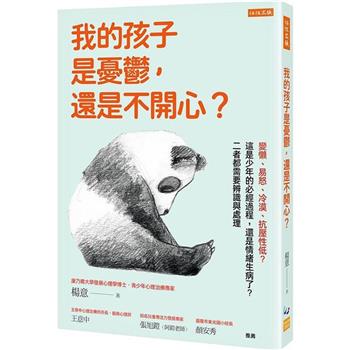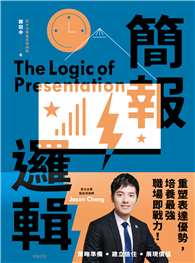There has been a recent shift in the nature of public engagement from a culture of paternalism and control towards a public-centred approach involving collaboration and co-creation. This book draws on public relations and development communication insights to build a new community engagement model for public sector organizations who wish to engage with rural communities in developing countries. This theoretical model also offers a practical framework for Government in particular to engage with and empower rural communities as they adopt and exploit infrastructure developments. The outcome is mutual benefit.
By examining in detail how Government communicate with rural communities on renewable energy infrastructure projects in Indonesia, and underpinned by empirical research with those communities, this new participatory framework has been developed. It envisages progressive empowerment of rural communities as Government encourages active engagement on the installation and exploitation of renewable energy. This entails encouraging communities to determine for themselves their uses of sustainable energy sources and to take ownership of a co-determined future. In so doing the Government itself is more likely to achieve its own renewable energy commitments.
Research-based and combining theory with practice, this thought-provoking book will be welcomed by strategic communication and public relations scholars and practitioners alike.












